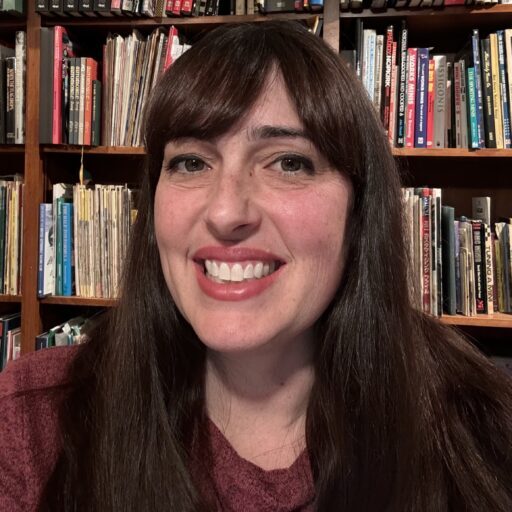Expat Networking & Service: Pi Beta Phi
When I joined Pi Beta Phi (Pi Phi) as a freshman in the fall of 1997 at the University of California, Irvine, I was looking

Michelle Deniz Drousé Woodhouse
Human-Centered Designer
When I joined Pi Beta Phi (Pi Phi) as a freshman in the fall of 1997 at the University of California, Irvine, I was looking
Istanbul, Turkey has been named the “European Capital of Culture” in 2010 (www.istanbul2010.org). A city that literally forms a bridge between the Occident and the Orient, it welcomes visitors from all over the world to experience its beautiful setting of contrasts and culture. …
A mini is crashing through the wall! So, I posed in front of it. Just before this photo, David and I were chatting with one